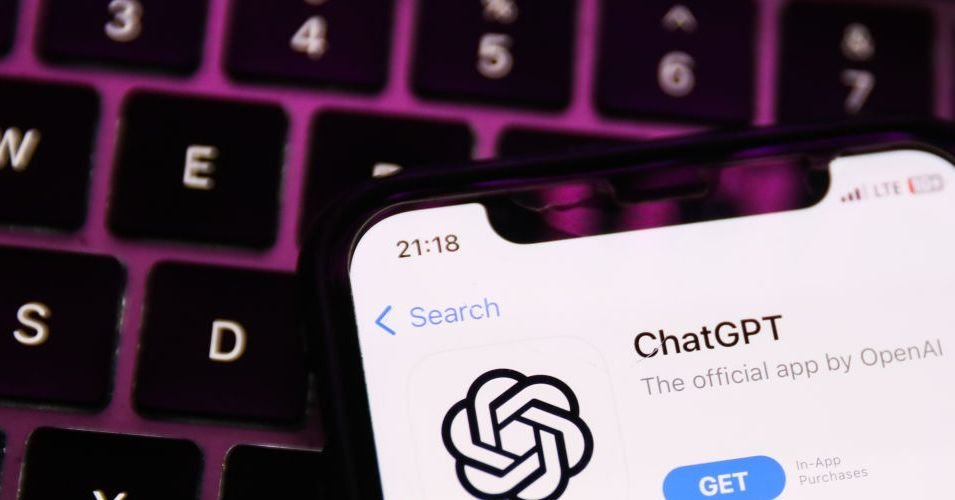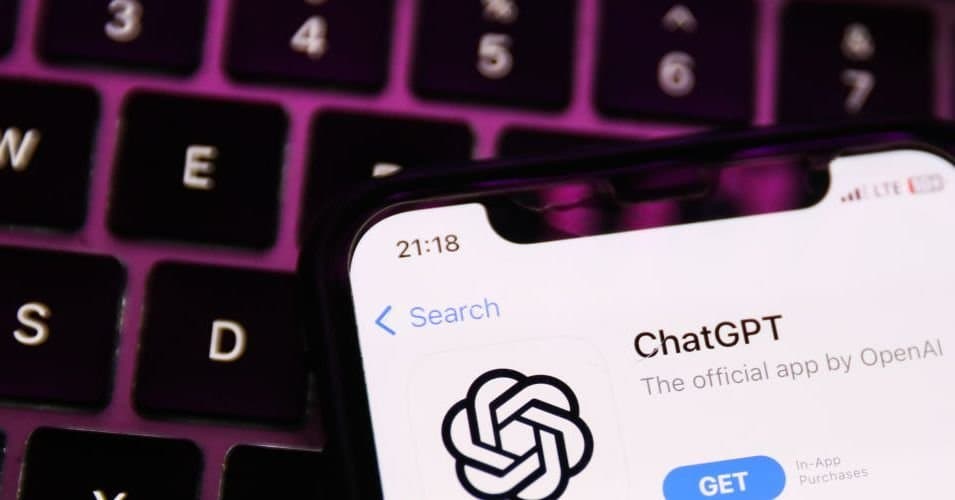OpenAI has partnered with the US government to provide federal employees access to its frontier AI models, including ChatGPT, for just $1 over the next year through the General Services Administration. This move, part of a broader push under Trump's AI Action Plan, signals a major shift toward generative AI adoption in government operations, with implications for data security and public sector innovation.

In a strategic move that cements artificial intelligence's role in public sector modernization, OpenAI has inked a pivotal agreement with the US government to deploy its leading AI models across federal agencies. Announced Wednesday by OpenAI and the General Services Administration (GSA), the deal offers government workers access to tools like ChatGPT for a nominal $1 annual fee during a one-year pilot phase. This initiative, which also includes models from Anthropic (Claude) and Google (Gemini) on the GSA's federal purchasing list, aims to accelerate AI-driven efficiencies in everything from regulatory reviews to defense logistics—potentially reshaping how 2 million federal employees interact with technology.
According to documents obtained by WIRED, this partnership is the result of months of behind-the-scenes efforts by OpenAI executives, including CEO Sam Altman and COO Brad Lightcap. Since at least May, they've engaged with agencies such as the Food and Drug Administration, promoting OpenAI's capabilities. High-level networking events, like a July Hill and Valley Forum gathering in Washington, DC, saw figures like Lightcap rubbing shoulders with government operatives involved in AI policy, including associates from the Department of Government Efficiency (DOGE). This lobbying push predates President Donald Trump's return to office, underscoring OpenAI's long-term strategy to embed its technology within the federal ecosystem.
"Government agencies have huge quantities of data that might potentially be valuable for AI companies," notes the WIRED report, though OpenAI emphasizes that user interactions won't feed into training data—a critical assurance for agencies handling sensitive information.
The timing aligns with broader governmental shifts: Trump's AI Action Plan, unveiled earlier this year, prioritizes speeding up US innovation, with the Department of Defense's proposed $1.01 trillion 2026 budget highlighting AI's strategic importance. Under Elon Musk's influence, DOGE has already piloted AI tools like the GSAi chatbot and automated regulation rewrites at Housing and Urban Development. Meanwhile, OpenAI's release of open-weight models—its first since 2019—enables local, customizable deployments, addressing security concerns for high-stakes applications. This could allow agencies to fine-tune models for tasks like fraud detection or disaster response without cloud dependencies.
For developers and tech leaders, this deal signals a burgeoning market for AI in government, with massive datasets and trillion-dollar budgets creating fertile ground for innovation. However, it raises questions about vendor lock-in, ethical oversight, and how open-weight alternatives might democratize access. As federal adoption scales, expect heightened demand for skills in secure AI integration and compliance—making this not just a policy win, but a catalyst for the next wave of public-private tech evolution.

Comments
Please log in or register to join the discussion